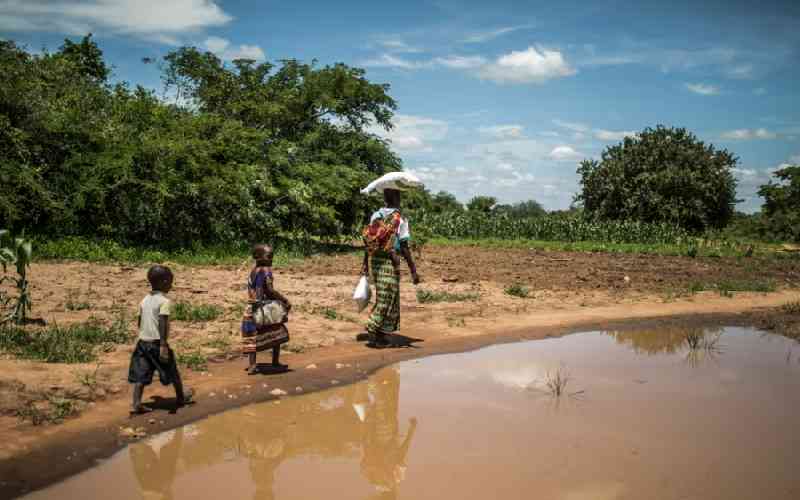×
The Standard e-Paper
Fearless, Trusted News

Zambia is bracing for electricity cuts of 17 hours a day from next month as a prolonged drought dries up its hydropower dams, undermining economic activity and putting jobs at risk.
Since the southern African country declared a national disaster in February because of the drought, it has been scaling back its power supply and importing electricity from neighbouring countries.